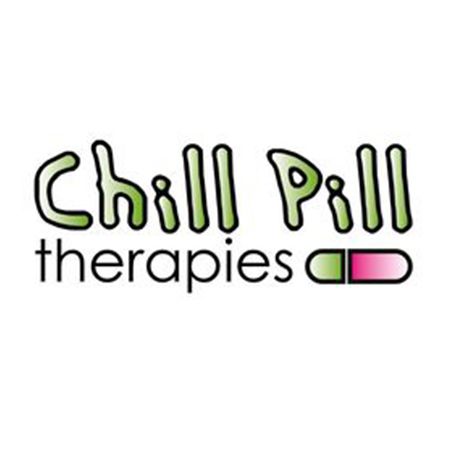
What is Mental Health?
Good mental health may be described as a balanced, healthy attitude towards life. It is reflected in ones attitude that is influenced by different physiological, psychological, environmental and genetic factors. There are many reasons ones mental health may suffer, including repressed traumas, chronic stress, physical illness, childhood and hereditary issues.
Illnesses that may result from poor mental health include:
- Depression
- Anxiety disorders
- Bipolar disorder
- Post-traumatic Stress Syndrome (PTSS)
- Eating Disorders such as Anorexia or Bulimia
What is Reflexology?
Reflexology is a complementary therapy that encourages a natural healing process to take place by applying pressure to certain points on the hands and feet that correspond to internal organs in the body. Like its Chinese medicine and kinesiology counterparts, the reflexology theory believes that when ill, stressed, injured or diseases, the body is in an unbalanced state that hinders the body’s natural healing process.
A reflexologist will aim to restore equilibrium in the body and consequently encourage a natural healing process to take place. Using their hands and fingers, the reflexologist stimulates certain points on the feet and hands to:
- Detect energetic imbalances
- Working on these pressure points to release blocked energy
- Restore a natural flow of energy
As a result, tensions are relaxed, circulation is improved and toxins can be cast out of the body.
How Does Reflexology Help Mental Health?
Mental illnesses are not confined to the mind, and their symptoms may manifest in the body’s nervous system, mood, immunity, thought processes and perception. Drugs such as anti-depressants are increasingly being used as the answer to these symptoms, but there are other alternate ways out there to treat them, including through the practice of reflexology.
The art of reflexology benefits ones mental health by stimulating the nervous and lymphatic systems, encouraging a release of the feel-good hormones Endorphins that are renown for relieving stress.
Reflexology may encourage good mental health by:
- Reducing stress levels
- Stimulating nerve function, reducing chronic pain levels that often impact mental health.
- Enhancing self-esteem & confidence
- Enhancing feelings of control and the ability to cope
- Improving communication skills
- Increasing energy levels
Scientific Research
A number of scientific studies have shown how the reflexology can alleviate the physical effects of severe stress and symptoms of mental illnesses, such as Depression and Anxiety disorder. These have been published and available to view online on: www.reflexology-research.com
Reflexology is beneficial to the mental health of all whether or not they suffer from a mental illness. Try it for yourself and feel the difference. For more information, contact your local Reflexologist with any questions you may have.









